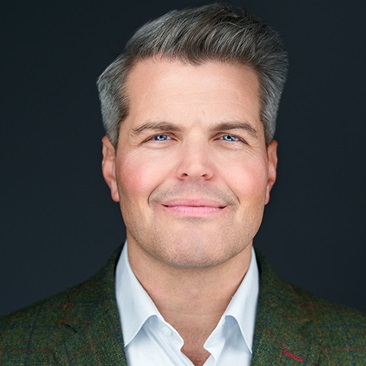Who’s Afraid of the Bomb?: The Euromissiles Crisis and Nuclear Weapons in Europe, Past and Present
Michael John Williams
International Studies Review, February 2024
Not since the 1980s has the specter of nuclear weapons cast such a long shadow over international politics as it has since the start of Russia’s second illegal invasion of Ukraine in February 2022. Dmitry Medvedev, former Prime Minister and President of Russia, a man with whom in 2010 President Obama marked a successful “reset” of relations with Russia over burgers and fries, is now Putin's nuclear barking dog.
In January 2023, now deputy chairman of Putin’s security council, Medvedev, posted on a social media service that “nuclear powers have never lost major conflicts on which their fate depends”. He went on to expound that “the defeat of a nuclear power in a conventional war may trigger a nuclear war.”
Just about a month later, Putin suspended participation in the New START nuclear arms treaty—the last remaining bilateral nuclear arms treaty between the United States and Russia—and cautioned the United States and allies that new strategic systems had been put on combat duty and that nuclear tests might resume.
In March 2023, Putin announced he would be stationing Russian tactical nuclear weapons in Belarus—not unexpected, but also not welcome.
Related News
Research

Dec 19, 2024
Research

Dec 18, 2024
School News

Dec 16, 2024

